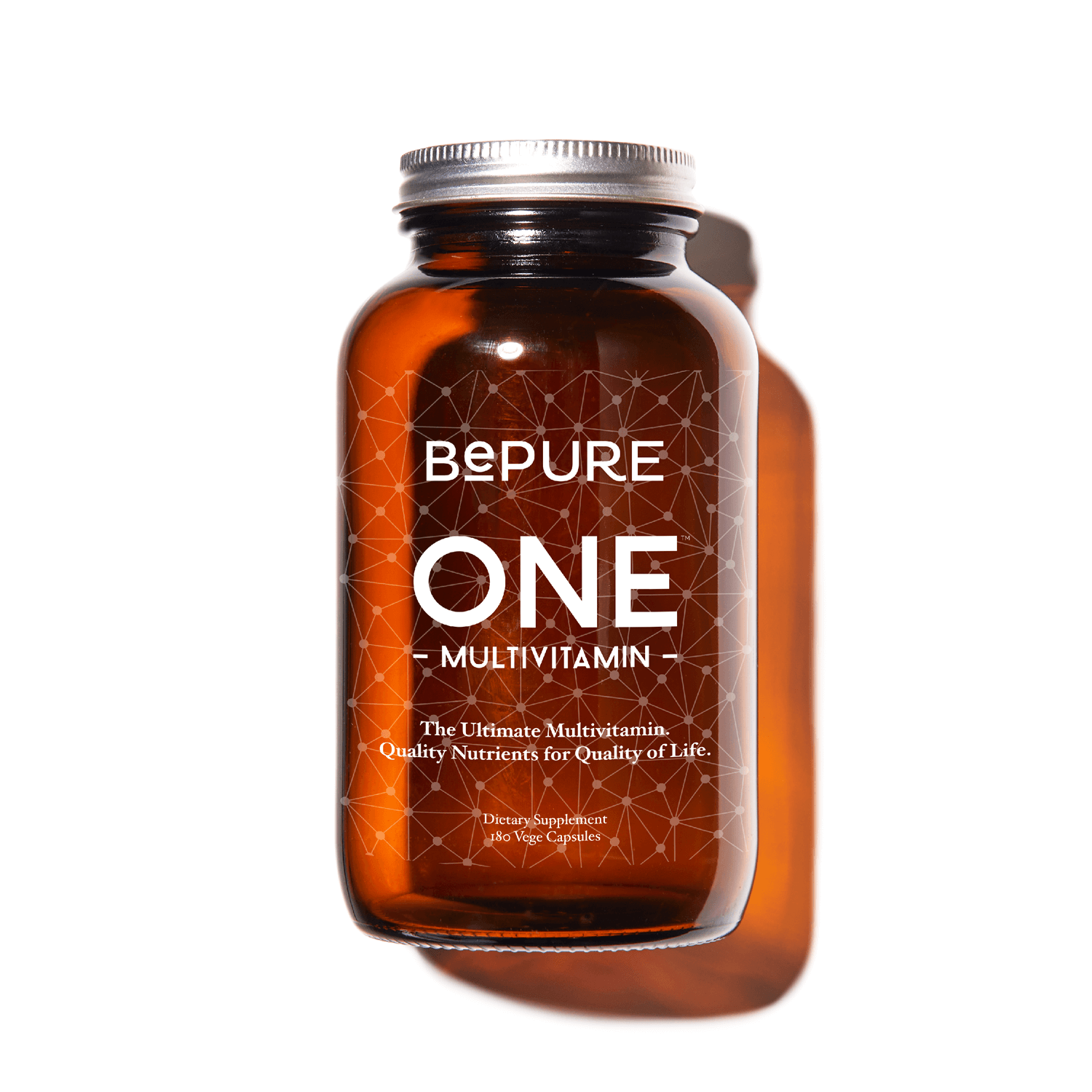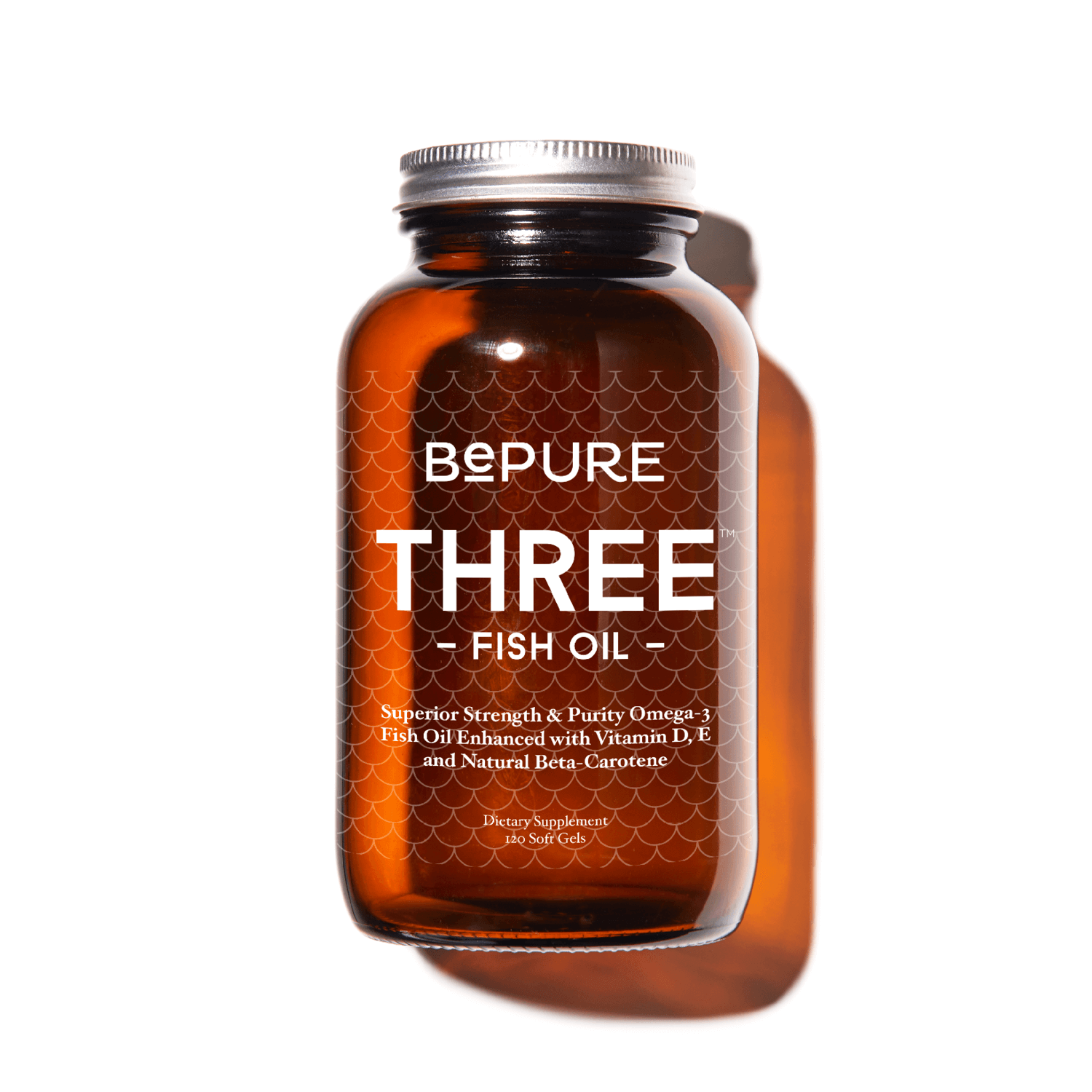The key to living with an abundance of energy is ensuring you have enough nutrients to support energy production. It's good to note, that the harder you push your body, the more stress you are under, the more vitamins and minerals your body uses.
Cellular energy is key to health. Our body is constantly creating energy within our cells in an area called the mitochondria, we like to think of this as a little energy factory. In order for this process to happen, we need nutrients.
“This is where nutrients are so important, the rate at which energy is produced is nutrient-dependent.”
You could think about it like this: Your mitochondria is like the engine in a car. Your macronutrients (proteins, fats and carbohydrates) are the fuel and your micronutrients (b-vitamins, Vitamin C and COQ10) are the oil. You need the oil, for the engine to run on fuel, otherwise the car will blow up! In this same way that the car needs oil to use its petrol, our bodies need micronutrients to use our macronutrients efficiently.
“Our bodies need micronutrients to use our macronutrients for energy efficiently.”
Let’s take a closer look at the key nutrients that support energy production.
5 Key Nutrients for Cellular Energy
1. B-Vitamins
B-vitamins, particularly B12, allow your cells to produce energy at a faster rate. This means the more b-vitamins you have, the more energy your body will be able to produce.
“The more b-vitamins you have, the more energy your body will be able to produce.”
B-vitamins are water soluble, so our body doesn’t have the ability to store them. That's why we need to be taking a multivitamin daily or making sure we are eating them at every meal.
Where can you find them?
B-vitamins can be found in whole grains, green leafy vegetables, beans, avocados and animal products such as organic, free-range meats and fish. We also have a fantastic dose in BePure One.
2. Vitamin C
Vitamin C a strong antioxidant that counterbalances the damage of inflammation and stress.
“It’s a vital nutrient for the synthesis of many hormones and molecules in the body.”
It also plays an important role in the process of transporting fats into the mitochondria to be transformed into energy. Without vitamin C we won’t be able to burn fat for energy.
Where can you find them?
Citrus such as lemons and oranges, tomatoes and many fresh seasonal fruit and veggies. Super Boost C is also a fantastic option if you are looking to supplement.
3. COQ10
CoQ10 promotes energy production at a cellular level as well as being a strong antioxidant, particularly for the heart. It functions in the mitochondria - or energy factory - of our cells, helping to recycle the metabolites of energy production, allowing our body to make more energy without a lot of extra effort.
“It helps to recycle the metabolites of energy production, allowing our body to make more energy.”
Where can you find it?
Sardines, liver and leafy greens.
4. Magnesium
Magnesium is an essential nutrient that is used in processes throughout the body, including producing energy within the mitochondria. We all know sleep is fantastic for recovery, restoration and long term energy but it can be hard to do—especially when we are feeling wound up. Magnesium is particularly great for relaxation of the body and mind which support easier, deeper sleep.
Where can you find it?
It's found in small quantities in a lot of foods, including: green leafy vegetables (such as spinach and kale) legumes, avocados, nuts, seeds, whole grains, tofu, and dark chocolate.
5. Zinc
Like magnesium, zinc is another incredibly important nutrient used in over 200 enzyme reactions within the body. It is also key to male reproductive health. Without zinc, or enough zinc, many of these processes are slowed down. Unfortunately being able to absorb food from our food is a zinc dependant process, so a zinc deficiency often means poorer absorption of zinc from high-zinc foods.
Where can you find it?
Oysters, and other seafood (crab, lobster, mussels), red meat, especially beef, chicken and pork, cashews, chickpeas and hard Cheeses. If you are low in zinc, we recommend supplementing with a high quality zinc, like Zinc Restore, to get your levels back up.
Why might you be lacking in these nutrients?
Even if you are eating nutrient-rich foods wherever possible, the demands of the modern world can make it hard to ensure you’re eating three nutrient-rich meals a day.
“A lack of essential nutrients leads to poor enzyme activity, which means our production of energy slows down.”
A lack of essential nutrients leads to poor enzyme activity, which means our production of energy slows down. When we are lacking in energy, we often find ourselves eating more in an attempt to re-energise with stimulus such as caffeine. However, this makes us more tired long-term as we are essentially feeding the body more fuel, without replenishing our oil!
“When we are lacking in energy, we often find ourselves eating more in an attempt to re-energise.”



